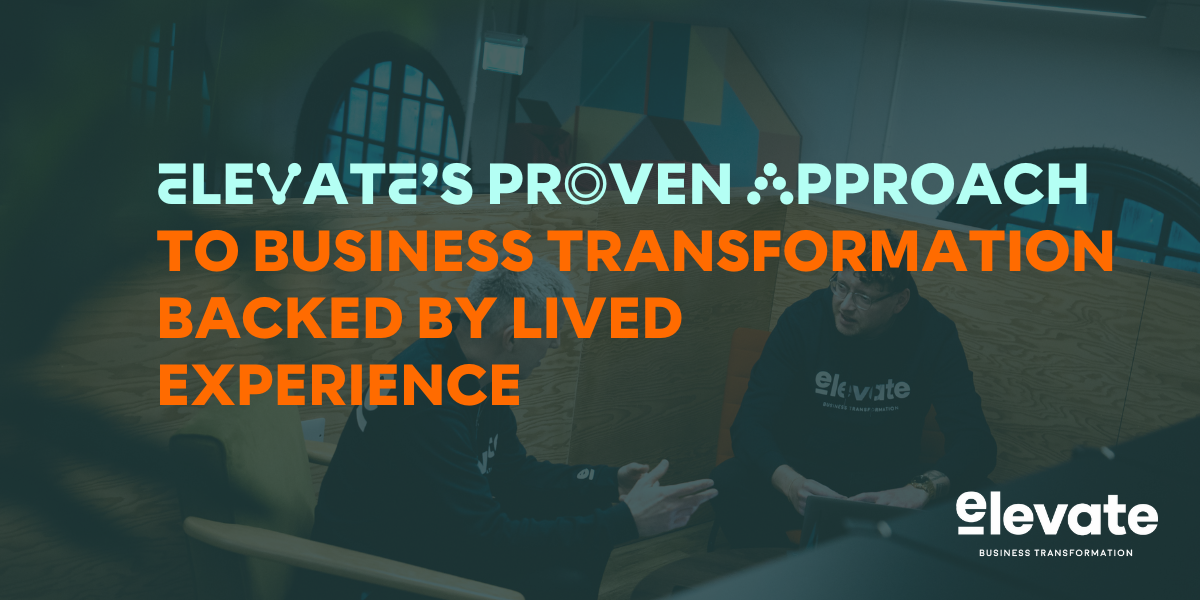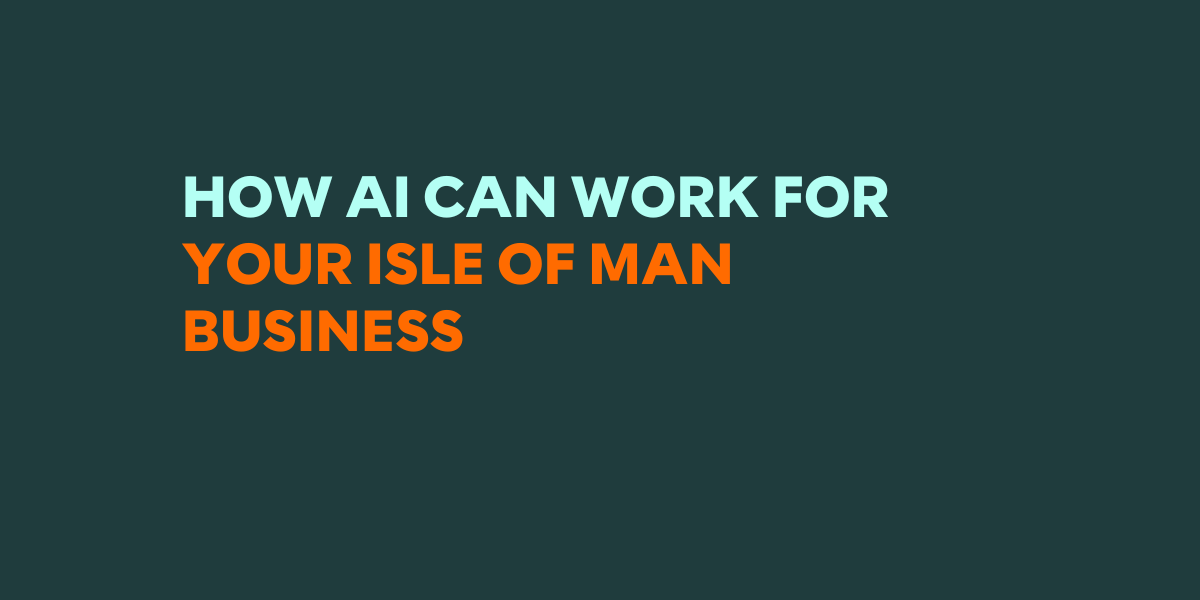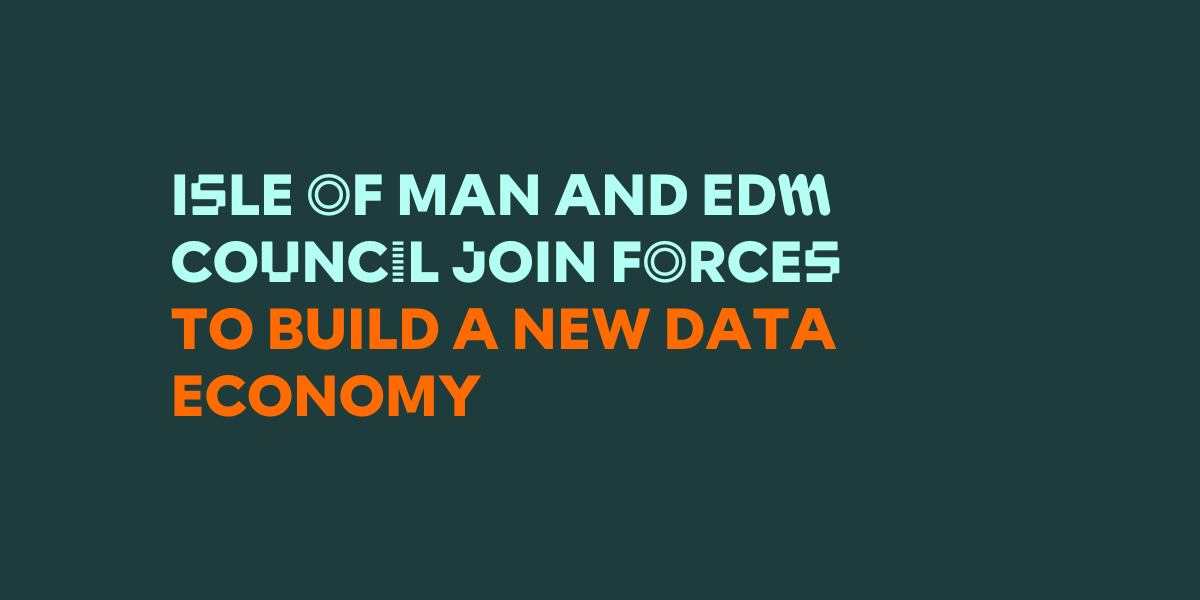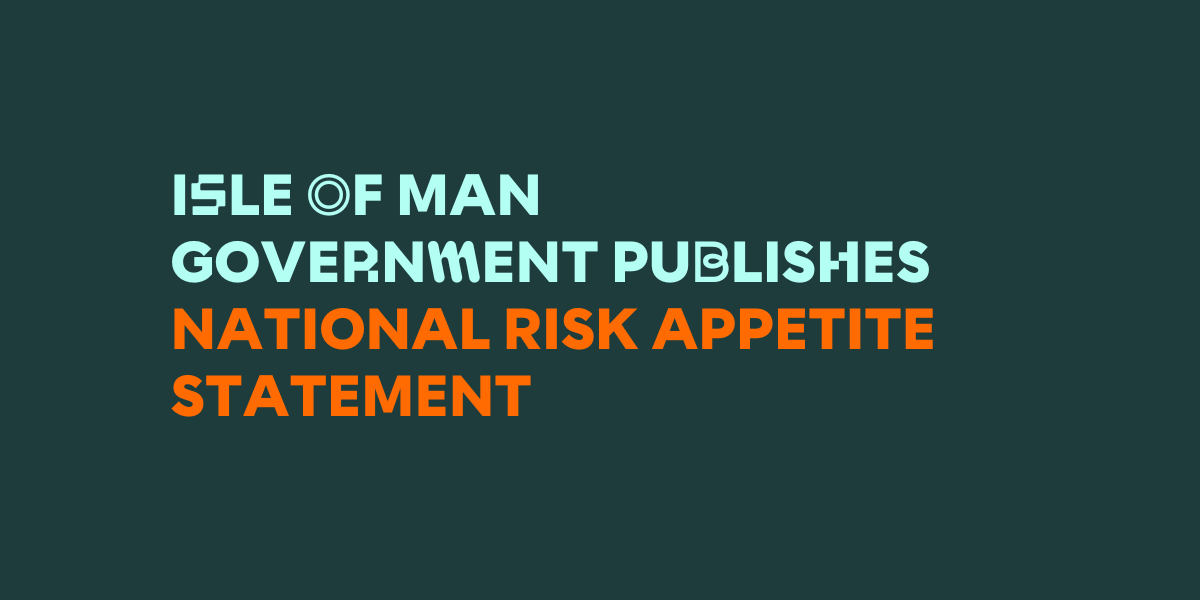Future-Proofing Workforces: Why Digital Literacy is Key
29 September 2021

When it comes to succeeding in modern society, computer skills are a must. While we’d all probably agree that being literate involves some form of advanced skill in writing, reading, speaking, and listening, traditional literacy skills alone will no longer cut it.
Digital literacy in the workplace plays an important part in an organisation's ability to transform and grow and the impact it has on the employee experience. Take your working day, for example. How much of what you do requires you to demonstrate a base understanding of digital processes? Do you send emails? Collaborate on work using software like Microsoft Teams?
While these tasks might be second nature to you, some still struggle to perform basic digital duties, and this illiteracy can have a knock-on effect on team productivity and company success.
If there’s one thing that businesses have learned from the pandemic and its resulting lockdowns, it’s that digital transformation is key to survival. Artificial intelligence, automation, and disruptive technologies are transforming every aspect of business, and they’re impacting workforces across all industries and sectors, and even jobs that aren't traditionally viewed as 'tech jobs' require some degree of digital literacy.
Being digitally literate in the 21st-century means proficiency with basic technology, problem-solving skills, collaborating globally and cross-culturally, and simultaneously managing and analysing multiple information platforms. While some of these may sound complex, they’re skills that come as second nature to most of us who’ve grown up with the internet and smartphones.
But the demand for digital skills is a growing global challenge: workers are increasingly finding themselves displaced by – or struggling to adapt to – new technologies, and employers are having difficulty finding the skilled workforces they need to advance. And the Isle of Man is no different.
Our digital sector is advancing rapidly, competing on the world stage with some really innovative jurisdictions, which is excellent news for an island of our size. But for the Island’s workforce to continue to thrive, digital skills must be prioritised alongside more traditional literacy and numeracy skills, as they are now an essential life skill.
To contribute to the Island's skills strategy, Digital Isle of Man focuses on preparing workers – both future and current – to secure jobs and grow in today's digital economy and help employers hire and retain skilled employees.
Equipping workers with digital literacy skills and helping them to recognise and market the skills they already possess is just as important as acknowledging that workers looking to up- or re-skill are not the traditional definition of a student: most will have families or limited time and resources, so accessible training and education is a must.
With this in mind, Digital Isle of Man has rolled out its First Steps Digital Literacy Programme to recruit 300 individuals to undergo training. Developed in partnership with digital training provider, Readynez, the courses aim to provide complementary, multi-channel learning to already-established training providers, with an educational style to suit those outside the traditional student definition.
The courses contain targeted content covering not only the basic functions of the main Microsoft Office applications (Outlook, Word, Excel, and PowerPoint) but crucially covering the fundamentals of digital technologies more broadly; using a browser, connecting to the internet, keeping passwords secure, sending emails securely, using attachments, participating on social media, using search engines, and being aware that not all online content is reliable.
While these courses are aimed at upskilling the Island’s workforce, it is hoped that the courses’ outcomes will have an impact at every level – including employers – and it will provide individuals with confidence that when entering the workplace, that they can utilise equipment and software they may have previously viewed as a barrier.
Managed services can also play an invaluable role in improving digital fluency in a workplace, and by aligning with an experienced training company that has a deep knowledge of collaboration and communication tools, we’ve been able to craft a training plan where employees can make the most of the technologies that they need to succeed in the future.
The Digital Isle of Man-developed Digital Skills strategy will complement existing schemes with a blended and holistic approach that dovetails with other initiatives. By doing this, we’ll be able to adapt and add to the training modules as we measure their effectiveness, working more closely with local businesses to enable individuals and companies to buy into a life-long learning ethos and consider how we can all work together to achieve that effectively.
While local training providers offer many great training resources, Digital Isle of Man has identified a gap in what is on offer in terms of the length of time it takes to get certified. These literacy courses will offer a flexible approach to learning in terms of course length, learning environment, and potential barriers to participation.
It is envisaged that these courses will help qualify and set a benchmark for skills and industry experience gained, providing a pathway and journey for lifelong learning, which grants access to additional relevant content for those who are curious and want to continue their education.
It is also a vital part of a longer process for the Island’s economy. By demonstrating our investment in digital skills – from the basics upwards – we can reassure businesses who may want to move here that there is a good basic level of digital literacy on-Island that is recognised by global industry.
This forms part of our longer-term plans to expand digital training and showcase the Isle of Man as a desirable jurisdiction for businesses looking to set up here, and provide mitigation to existing businesses having to relocate part or all of their operations if they are unable to recruit and/or re-skill/upskill locally.
The learning ethos we want to build is centred on the individual and is not training for training’s sake: it's about growing confidence in existing experience and skills and about growing an individual’s confidence in their ability to study in the future, as well as their ability to apply for jobs they may have previously thought to be off-limits.
The plans for the Island's future as an internationally recognised technology hub are large and complex, so it makes sense to have a comprehensive and multifaceted approach, and this starts with digital literacy.





